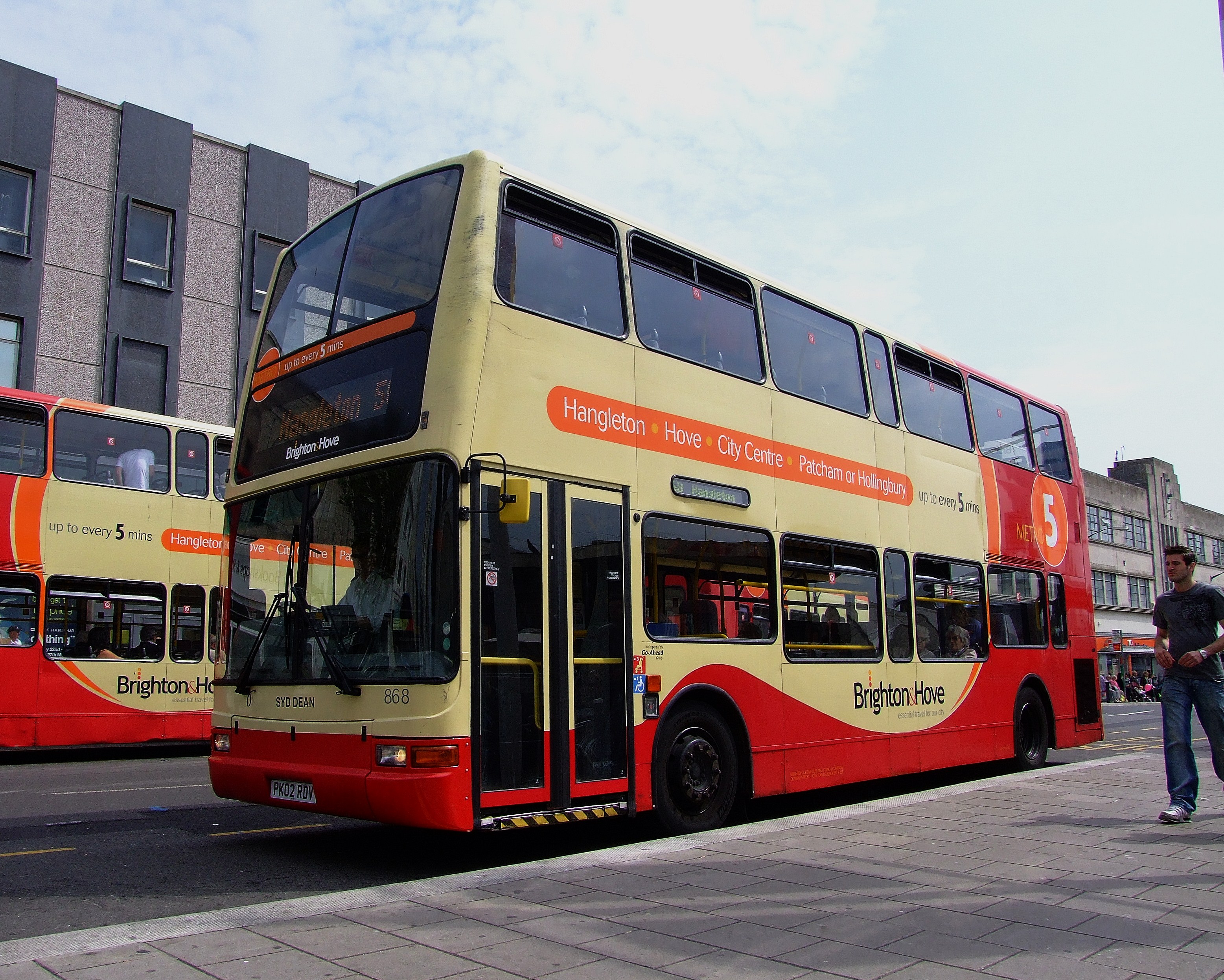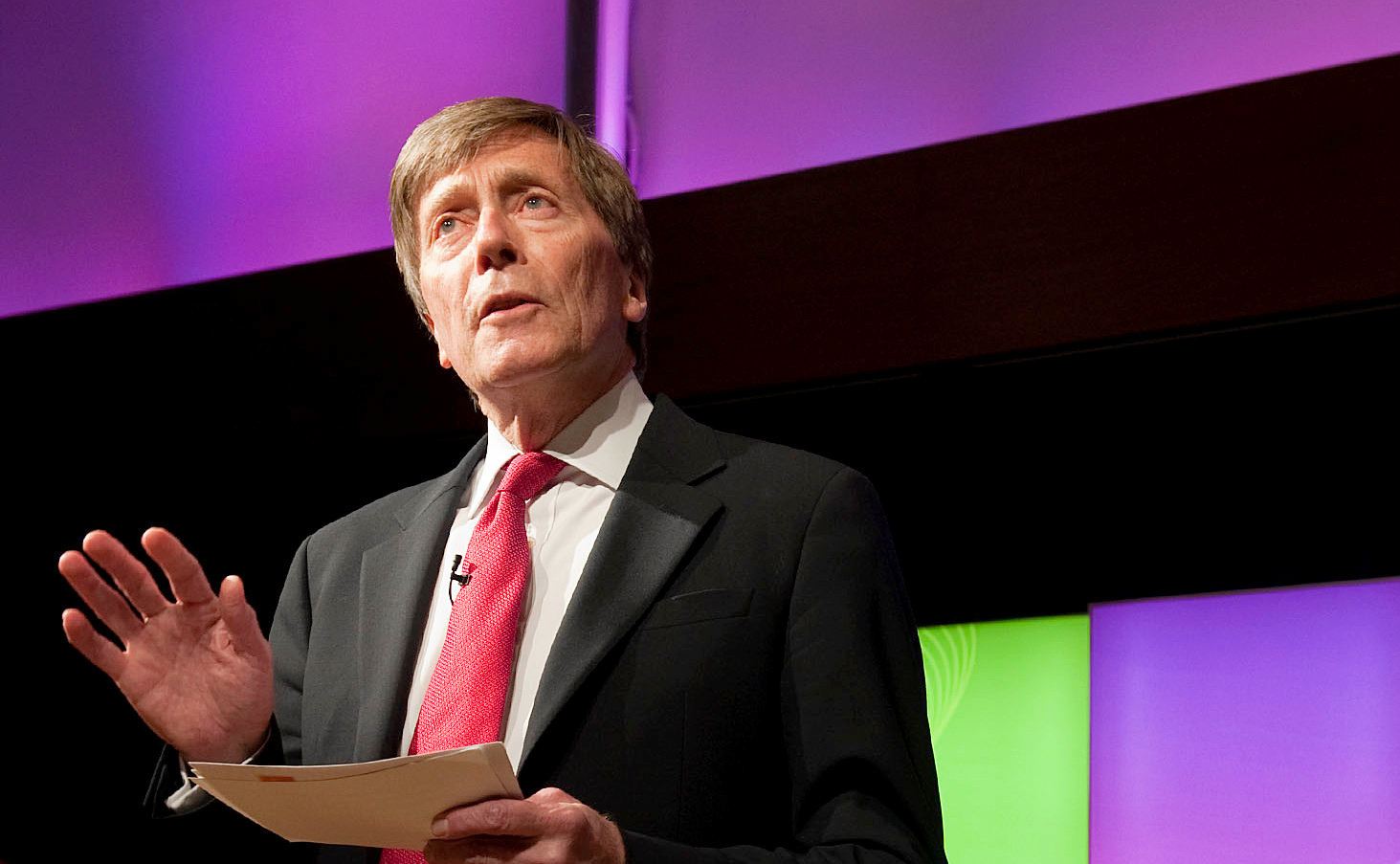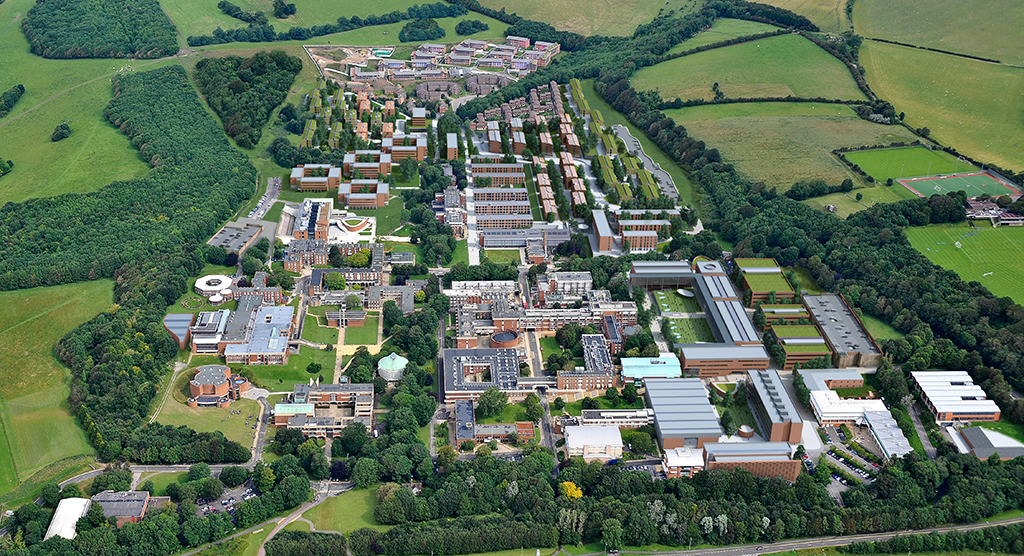As our Prime Minister attempts to reinvent himself as the humanitarian interventionist in regards to Libya, it may be poignant to recall his last foray into the affairs of the region. A few weeks ago Mr. Cameron toured the Middle East within a sortie of arms dealers. Adopting the Coalition’s amorphous concept of fairness he argued that countries “like Kuwait” cannot be expected to manufacture all their own weapons.
Thus, the arms trade was transformed into an egalitarian endeavour; an ideological crusade to assure the equality of sovereignties. However, the UK’s defence industry has never felt compelled to only sell weapons to regimes “like Kuwait”.
The UK’s biggest customers in the arms trade in North Africa and the Middle East, as measured by total value of military and dual use export licenses, are Algeria, Saudi Arabia and Libya. The value of military goods sold to Algeria alone is over 40 times that of Kuwait. These states all have particularly atrocious records of internal repression. Algeria has had a national state of emergency declared since 1992 and has been consistently denounced by human rights organisations for politically-motivated killings and torture.
Saudi Arabia is also widely condemned for the brutal repression of political dissidents and the use of corporal punishments, including amputation, as penal sanctions. In light of the events of recent weeks the willingness of Libyan authorities to use military measures against their own people hardly needs to be highlighted. Nor have UK governments, particularly Conservative governments, seemed concerned about selling weapons to regimes likely to engage in aggressive actions against their neighbours.
It is now well-established that Saddam Hussein was substantially armed by the US and UK during Iraq’s war with Iran. The provision of Indonesia with Hawk fighter jets used in the brutal subjugation of East Timor during the 1980s and 1990s is now notorious. Current prominent customers in the Middle East and North Africa include Israel, widely condemned for committing war crimes in the occupied territories, and Libya which launched four aggressive interventions into neighbouring Chad between 1978 and 1987.
Indeed, the incongruity of Mr. Cameron’s language of principle with a trade delegation headed by Chief Executive of BAE Systems, Ian King, is palpable. As many will be aware BAE Systems has the shameful distinction of being the largest and most unscrupulous of defence contractors. In recent years, allegations of chronic corruption in its £43 billion Al Yamamah contract with Saudi Arabia have been the centre of controversy, it has been revealed that the company paid £1 million into the account of former Chilean dictator Augusto Pinochet and it has agreed to pay £286 million in criminal fines due to a failure to keep “reasonably accurate accounting records” and “conspiring to make false statements to the US government” in regards to its activities in Tanzania.
What most people are unaware of is that having been substantially supported and funded by the UK government the operations of BAE Systems are truly done in our name. In the last financial year BAE system received £4 billion in payments from the Ministry of Defence, more than many governmental departments and equating to £64 for every British man, woman and child – more than the UK’s entire contribution to the EU.
When the Thatcher administration supported the arms trade they made few concessions to the language of equality and justice. The present government takes similar actions but avails them with the language of ‘fairness’. We should not be fooled by these fake radicals and their convenient neologisms for instruments of death and disingenuous defences of the trade. Sometimes things are exactly how they seem and the trade delegation, and the UK arms trade in general, appears to be unprincipled businesses selling weapons to the highest bidder with the blessing of an unscrupulous government.




